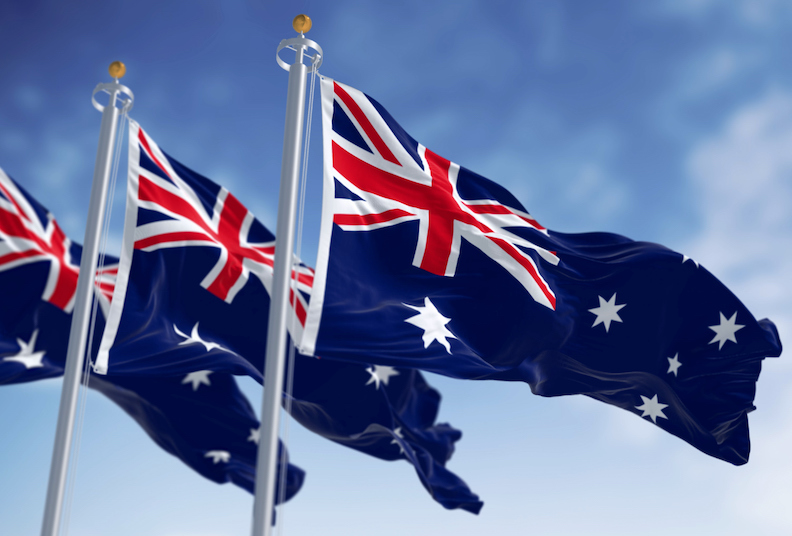Supporting menopause in our workplaces
A recent event, the Menopause Matters Roundtable, brought key opinion leaders and menopause stakeholders together with parliamentarians to support a ‘mainstreaming menopause’ submission to the 2023 budget. Our CEO Grace Molloy attended the event, held at Parliament House, Canberra.
Peta Murphy MP opened the occasion, hosted by The Parliamentary Friends of Women’s Health, by noting the landmark nature of the meeting. It was the first occasion menopause had been formally presented within Parliament House, so it was a truly seminal event.
Sharing stories
Attendees shared their own experiences, with the Hon. Geraldine (Ged) Kearney Assistant Minister for Health and Aged Care, speaking candidly and telling delegates: “I nearly quit work because of it.”
She emphasised her commitment to mainstreaming menopause through the National Women’s Health Advisory Council, of which she is the chair.
Empowering GPs
President of the Australasian Menopause Society Dr Karen McGraith spoke about the need to strengthen GP knowledge and encourage longer appointments for menopause consultations by introducing a new Medicare rebate code.
She advocated for the introduction of menopause credentials, used in the UK through the British Menopause Society.
Calls for increase in research and evidence
Specialist menopause researchers attending included:
- Jayashri Kulkarni AM, Professor of Psychiatry and Director of Monash Alfred Psychiatry Research Centre
- Professor Susan Davis AO, Director Women’s Health Program, Monash University
- Rod Baber, Professor of Obstetrics & Gynaecology at the University of Sydney
Together, they highlighted gaps in evidence for menopause care, calling for more funding to continue research in Australia and more evidence to show the impact of menopause on people at work.
In fact, menopause in the workplace was a key component of the recent budget submission, with calls for research to quantify the cost to the economy of lost earnings due to menopause symptoms.
The Australian Institute of Superannuation Trustees (AIST) recently upgraded its estimate of this cost to $112.2bn.
The UK’s menopause in the workplace landscape: sharing best practice
Research by The Fawcett Society in the UK suggests that 1 in 10 women who worked during menopause have left a job due to their symptoms, 14% went part-time and 8% refused a promotion.
Henpicked: Menopause in the Workplace is the UK’s leading menopause workplace support provider, working to address these issues by through their tried, tested, and trusted menopause in the workplace solutions.
And we are working together to bring these established practices to organisations in Australia, including their full-service support, range of training and The Menopause Friendly Membership and Accreditation
Henpicked: Menopause in the Workplace CEO and Director of Menopause Friendly in Australia, Deborah Garlick, explains how the accelerated pace of understanding about menopause had led to more and more UK organisations introducing support within their workplaces.
“If we look back ten or even five just years it would have been very rare to find an organisation with a menopause policy in place,” she says. “But now, according to research from the Chartered Institute of Personnel and Development (CIPD) in the UK, three in ten organisations are taking positive action. It’s great to see these statistics, and as we’ve built on this learning and understanding, I’m looking forward to seeing this number double over the next year.
“We held our inaugural Menopause Friendly Employer Awards in 2022, an occasion which was such a huge success that it’s now an annual event. Go back three years and ‘menopause friendly’ wasn’t used widely. We certainly couldn’t have hosted an event celebrating its adoption – because there just weren’t enough companies on who were achieving the right standards to earn the accreditation.
“Now, however, we’re looking at an enormously popular sold-out event, with organisations clamouring to be part of the occasion and receive recognition for their innovative work. Which all points to better workplaces and more support for those struggling with menopause at work.”
Getting started on the menopause friendly journey
For organisations wondering how to get started, Deborah advocates making menopause an everyday topic of conversation in the workplace, removing any stigma or taboo and enabling people to feel they can talk freely about it.
“Each organisation is unique and there’s no one-size-fits-all approach. Ultimately, having the willingness to commit to being menopause friendly and looking at what would be the right support to put in place are key places to start,” she says.
She also recommends these key areas of focus within your organisation:
- Culture: making sure menopause is an easy topic of conversation, with good engagement from senior leaders.
- Policies and practices: looking at introducing a policy or guidance document which is well communicated and easily accessed by all of your workforce, demonstrating your organisation takes menopause seriously.
- Training: equipping HR teams, line managers and colleagues with the understanding and confidence to understand the facts – not the myths or misunderstanding – and support themselves and employers experiencing menopause at work.
- Engagement: listening to colleagues to find out what support they would like, getting the conversations flowing, putting support groups and networks in place, and effectively communicating the importance of supporting menopause in your workplace.
- Workplace environments: looking at what could be getting in the way of your employees being at their best at work, particularly taking into account things like uniform, washroom facilities, drinking water and quiet spaces.
“The most successful organisations embrace all of these aspects into their menopause initiatives,” says Deborah. “Essentially, this is what best practice looks like in terms of overall considerations for your menopause support.
“The UK has seen some incredible progress in this arena over recent years and we’re looking forward to seeing employers across Australia seeing the benefits that have so clearly been seeing in the UK.”
Want to know how menopause friendly your organisation is? Download your free checklist today.



